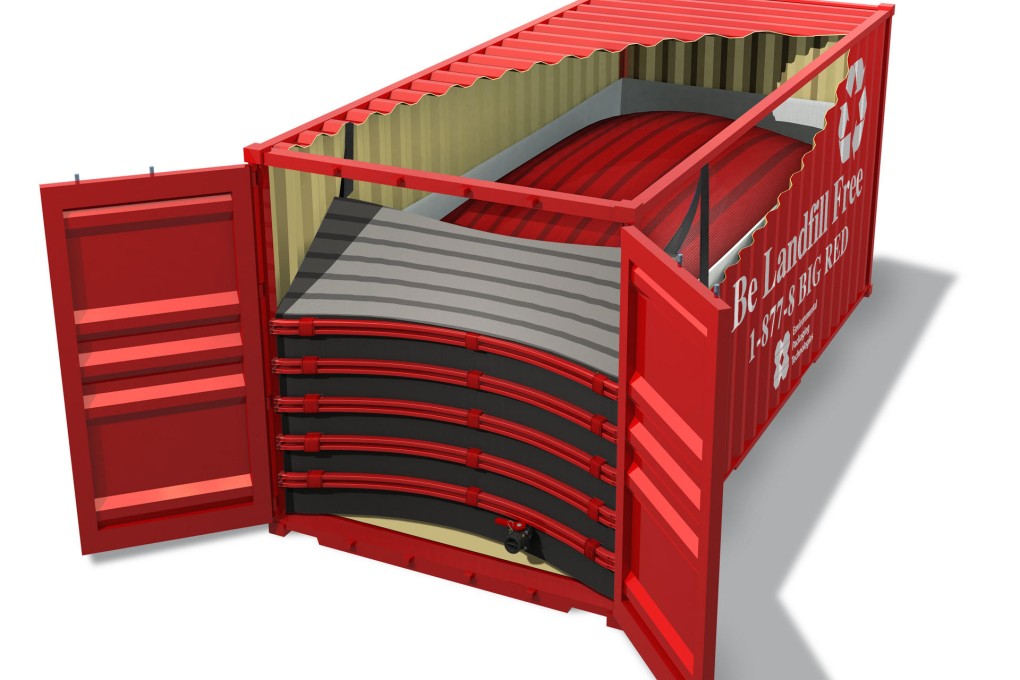Huge plastic bladder makes bulk wine imports cheaper and greener

In the minds of many wine connoisseurs, nothing is so shaded from this great elixir's rarified glow than the idea of bulk wine. The very word "bulk" is deeply unsexy, more likely to bring to mind supersized packs of toilet paper than a treasured bottle you might share with loved ones.
However, bulk is big news in the wine world and nowhere more so than the budget-conscious British market. The buzz has permeated the whole volume-driven sector, with Accolade, Tesco and Marks & Spencer all jumping on the bulk bottling wagon.
The container du jour is the Flexitank, essentially a 24,000-litre plastic bladder housed in a steel box. After several years of use and technical development, the flexi has largely overcome its shortcomings, most critically its nasty habit of allowing oxygen in and leaching unpleasant smells out. Incomplete drainage, another obstacle, has been tackled by rolling it up like a toothpaste tube to squeeze out the last bit. Not the glorious stuff of wine dreams, but effective.
Besides the cost savings - a flexi fits in 32,000 bottle equivalents compared with the 12,000 to 13,000 bottles a container full of pallets carries - why are all the cool kids doing bulk these days? The party line is that bulk shipping is being adopted for its eco-friendliness. While the "greenness" of these fast moving consumer goods should often be taken with a grain of salt, bulk shipping is pretty verdant.
First, the flexi's weight is mostly wine, whereas glass bottles weigh 300 grams at the lower end to and nearly 1kg at the irresponsible upper end. While not part of a closed-loop recycling system, the disposable bladders are usually recycled as traffic cones.
More exciting still is flexi's potential quality benefit, related to its thermal stability. For bottles selling for HK$50 to HK$80, nobody in their right mind would pay for temperature-controlled shipping. So damage is actually far less likely with flexis than bottles. Imagine an Olympic swimming pool and a stack of water bottles taking up about the same space. Which water will be hotter after a day sitting in the sun?